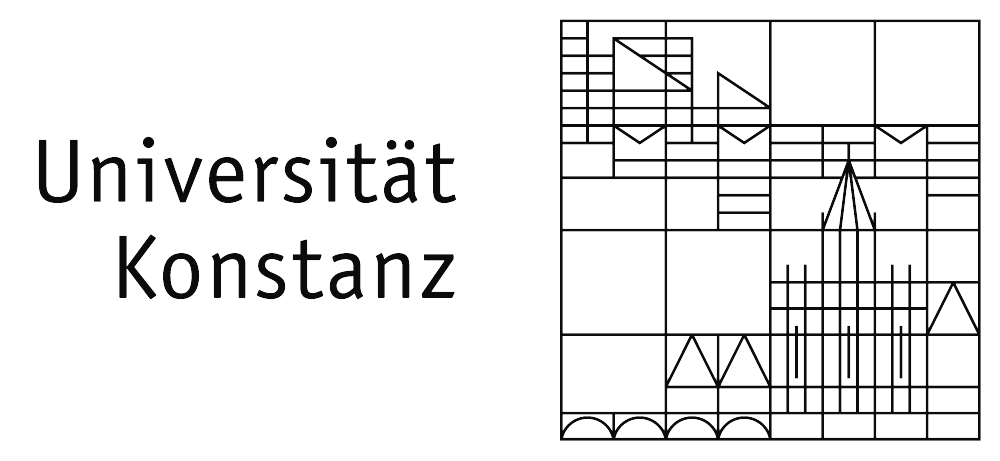Algebras with involution
Associated with every quadratic form there is a central simple algebra with involution. In this way the theory of quadratic forms belongs to the theory of algebras with involution, which in turn is a part of the theory of linear algebraic groups. In this context, one tries to extend notions and results for quadratic forms to algebras with involution.
Isotropy and field extensions
The notions of isotropy and hyperbolicity have natural extensions, and some results on the isotropy behavior over special field extensions (quadratic, odd degree) were extended, however mostly in characteristic different from 2. Andrew Dolphin works on the extension of those results to cover the case of characteristic 2. Sofie Beke studies the problem of generalising the generic splitting theory for quadratic forms to algebras with involution.
- Dolphin. Metabolic involutions and quadratic radical extensions, work in progress.
- Dolphin. Decomposition of algebras with involution in characteristic 2, work in progress.
- Becher, Grenier-Boley, Tignol. Composition of quadratic forms and discriminants in involutions, work in progress.
- Dolphin. Metabolic invoultions, Journal of Algebra, to appear.
- Becher, Mahmoudi. The orthogonal u-invariant of a quaternion algebra, Bull. Belg. Math. Soc. Simon Stevin (2010): 181-192.
Pfister involutions
A topic of particular interest is to generalize the characteristic properties of Pfister forms and to compare the extended notions. A first step in this direction was the proof of the Pfister Factor Conjecture by Karim J. Becher. Together with a very recent result of N. Karpenko, it yields that, over fields of characteristic different from two, products of quaternion algebras with involution are either anisotropic or hyperbolic. The question remains open whether for an algebra with involution the property of being anisotropic or hyperbolic over all field extensions is equivalent to decomposability into a product of quaternion algebras.
- Becher, Grenier-Boley, Tignol. Composition of quadratic forms and discriminants of involutions, work in progress.
- Becher. A proof of the Pfister Factor Conjecture, Inventiones Mathematicae, 173 (2008): 1-6.
- Becher. Decomposability for division algebras of exponent two and associated forms, Mathematische Zeitschrift 258 (2008): 691-709.


